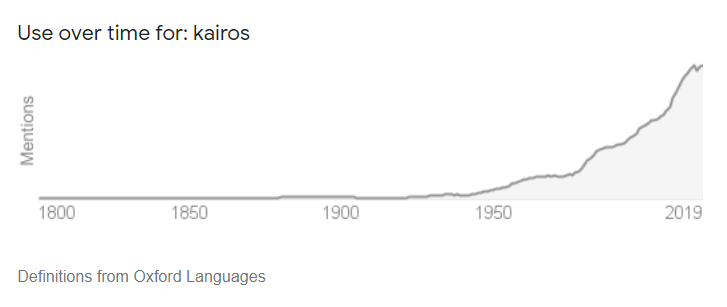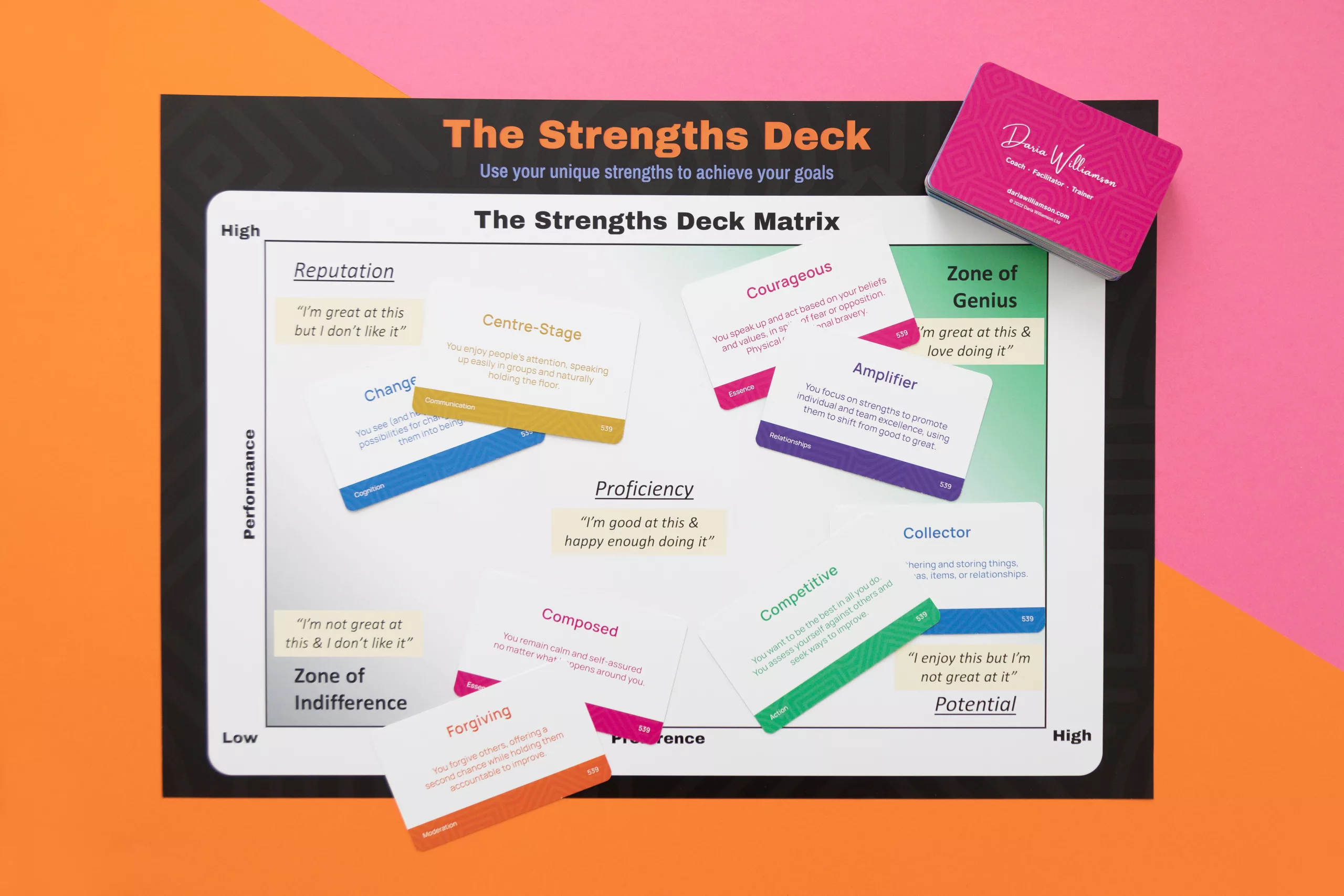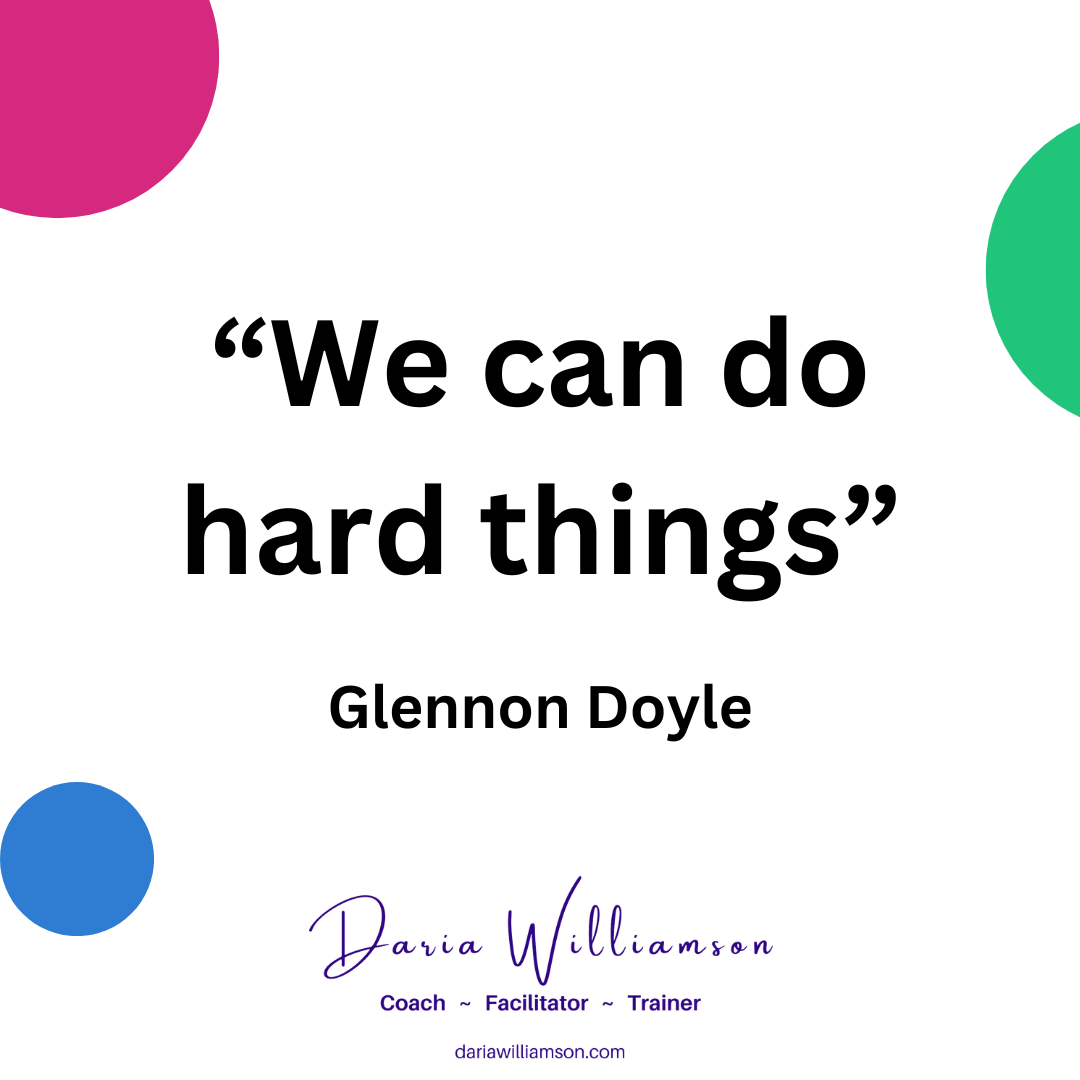Time. Despite the English language’s love of pillaging other languages for rich and varied vocabulary, it forces this one tiny word to cover two very different concepts.
In contrast, the ancient Greeks had two words where English has only one: chronos and kairos. And the distinction between these two types of time provide a powerful insight that you can use to change your life and pursue your dreams.
The meaning of time
In English, time is defined as:
Collins
- what we measure in minutes, hours, days, and years.
- to ask or talk about a specific point in the day, which can be stated in hours and minutes and is shown on clocks
- when something happens is the point in the day when it happens or is supposed to happen
- the system of expressing time and counting hours that is used in a particular part of the world
- the period that you spend doing something or when something has been happening.
Merriam-Webster
- the thing that is measured as seconds, minutes, hours, days, years, etc.
- a particular minute or hour shown by a clock
- the time in a particular area or part of the world
Cambridge
the part of existence that is measured in minutes, days, years, etc., or this process considered as a whole
Chronos time
As you can see, the majority of definitions focus on what we measure on clocks and calendars. This is the type of time the ancient Greeks referred to as ‘chronos’ (from which we have derived the words chronology, chronological etc).
This type of time is about the sequence of things, the duration of events, the distance between now and a point in the future or past.
Our ability to think abstractly means that we can “time-travel” within chronos time – that is, we can think about the past or the future and imagine or recreate it so vividly that we feel like we’re really there. This article makes some great points about how this ability can set us up for disappointment if we don’t know how to handle our time-travelling ability with skill.
Kairos time
The second word for time, kairos, doesn’t refer so much to clocks and calendars as it does to context, readiness, and inspiration. It is defined as:
- “the right, critical or opportune moment” (Wikipedia)
- “a propitious moment for decision or action” (Oxford Languages)
- “a time when conditions are right for the accomplishment of a crucial action: the opportune and decisive moment” (Merriam-Webster)
- “an “opportune presentation” in rhetoric and a “spiritual opportunity” in Christian theology” (Dictionary.com)

Why our concept of time matters
Most of us live the majority of our lives in chronos time. We fill our calendars. We race the clock.
In fact, we often obey the clock or calendar:
- it’s 7pm, so we eat dinner,
- it’s February 14th so we buy chocolates and a card for the one we love,
- the alarm rings at 5am and we drag ourselves out of bed despite our body’s clear call for more rest,
- it’s Saturday so we go grocery shopping, even though we’ve got plenty of food in the house.
And it’s possible to live your whole live obeying the clock and calendar, without consideration for timely action.
You know you need to leave the job that crushes our soul, but you’re too busy with meetings, obligations, and commitments. You see an opportunity to start a new business, try a new hobby, or follow your dreams, but you never feel ready to get started. In short, you are stuck in chronos and not paying attention to kairos.
What (kairos) time is it for you?
I don’t need to ask you what chronos time it is for you – this is a shared definition of time. We have even created Universal Coordinated Time to help us out (although I do snort at the idea of humans deciding to define time for the entire universe – that’s a touch arrogant, given our relative insignificance in the cosmos!)
Right now, I want to ask you: what kairos time is it for you?
- What opportunity lies before you, waiting to be seized?
- Who do you need to build (or rebuild) a relationship with?
- Which decision, once made, will set you on the path to your dreams?
- What do you need to do to honour yourself and your values?
- Where are your heart and head leading you to live, work, play and rest?
And what support do you need in order to take action at the right, critical, or opportune moment?
Acting before you feel ready
Living within kairos time doesn’t mean that you’ll suddenly feel ready to take action. In fact, you’ll probably feel totally under-prepared – but that’s not a reason not to act.
Whenever I have felt the tug of kairos and ignored it out of fear of not being ready and not having what I need to act, I have later regretted my decision.
But when I have heeded its call, it has been life-changing.
I have discovered that the resources, relationships, insights, capabilities, and wisdom that I need come to me as I take action, not in order to make me feel ready for action.
What will you do with the time allotted to you?
We each have a certain amount of chronos time on this earth, and only we can decide how and when we will respond to the kairos moments we encounter.
If you live to 86 years old, you’ll live through about 4,500 weeks. A bunch of them are already done and dusted. What will you do with the rest of them?
Let's talk!
If this is your kairos moment, and you want to take action to make meaningful change, I offer a complimentary, no-obligation 30-minute discovery call to chat about your goals and needs.
We’ll talk about where you’re at, what you want to achieve, and how I can help you to seize your opportunities and unleash your potential.
Just click on the button to make your booking in less than a minute. I look forward to speaking with you.
If now is not your kairos moment for coaching, I’d still love to meet you and share a virtual cuppa. You can see my available times and make your booking here.





